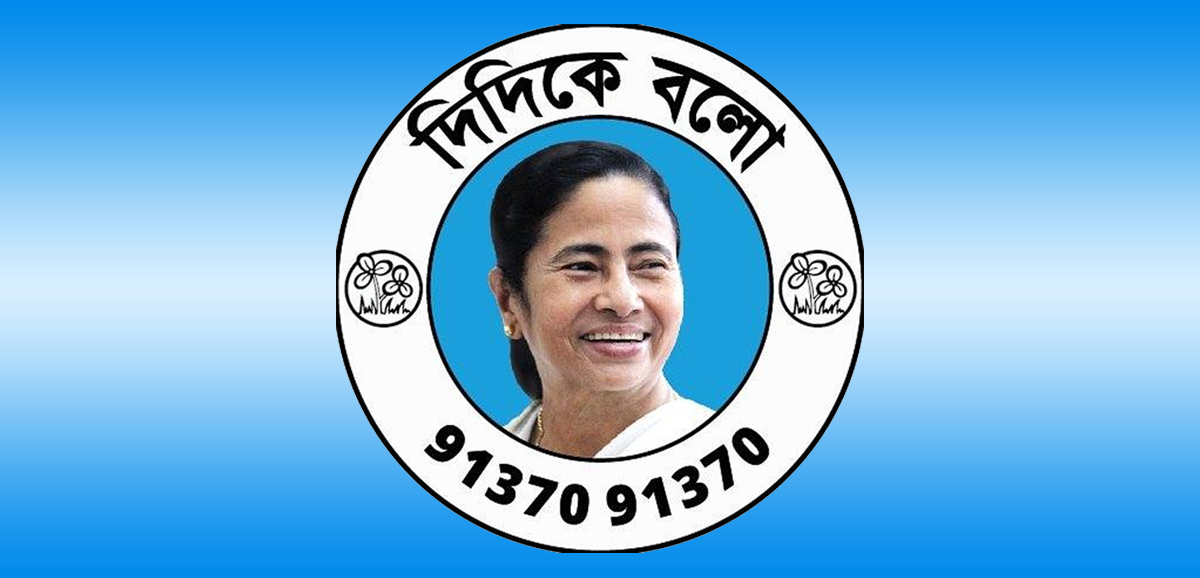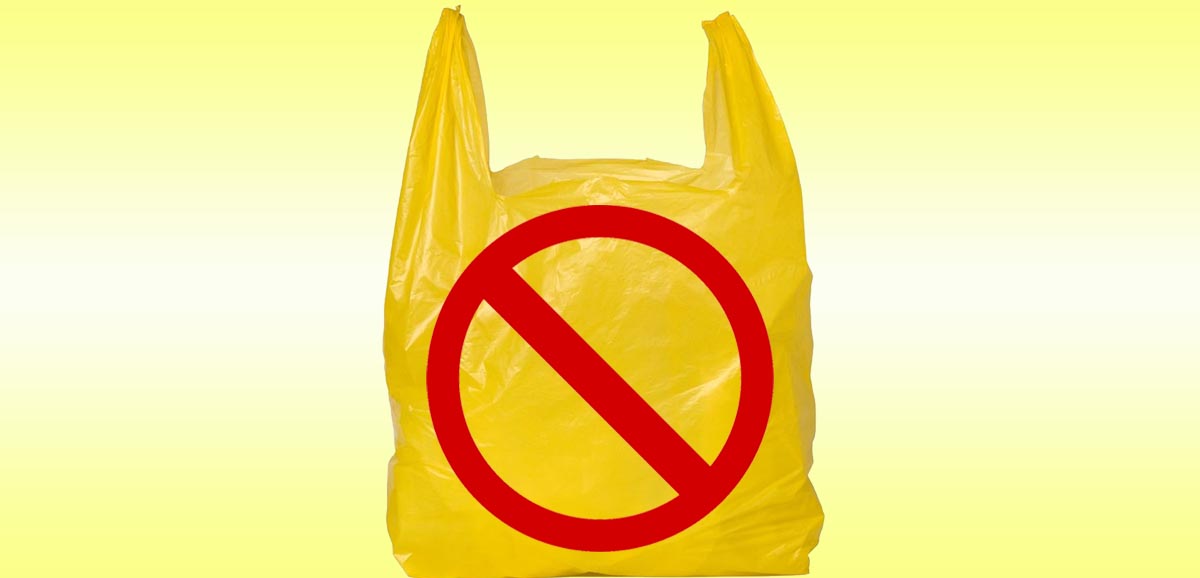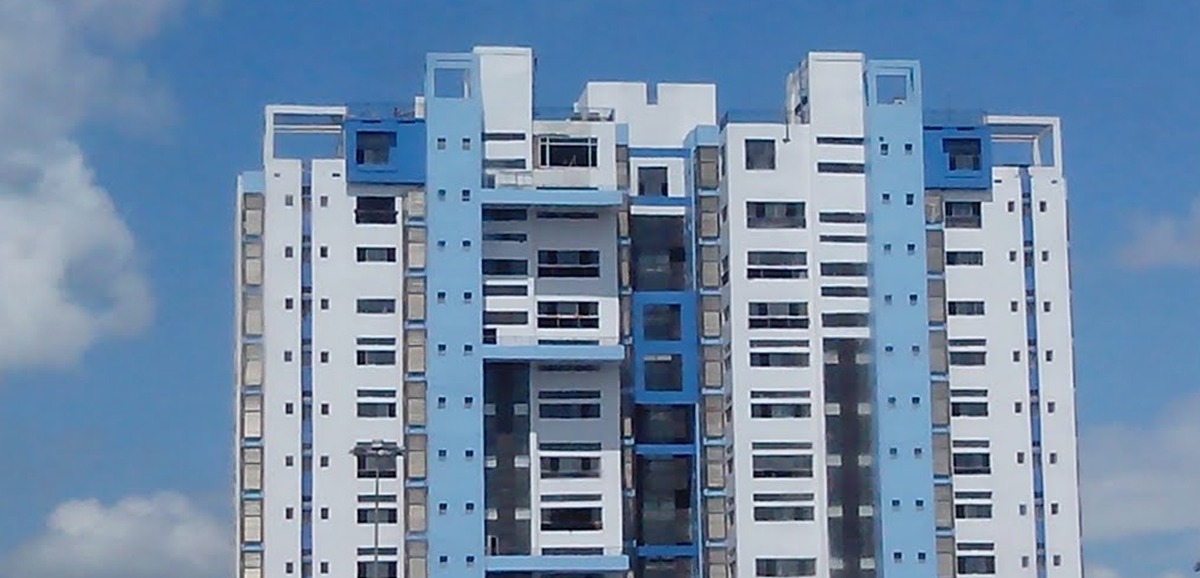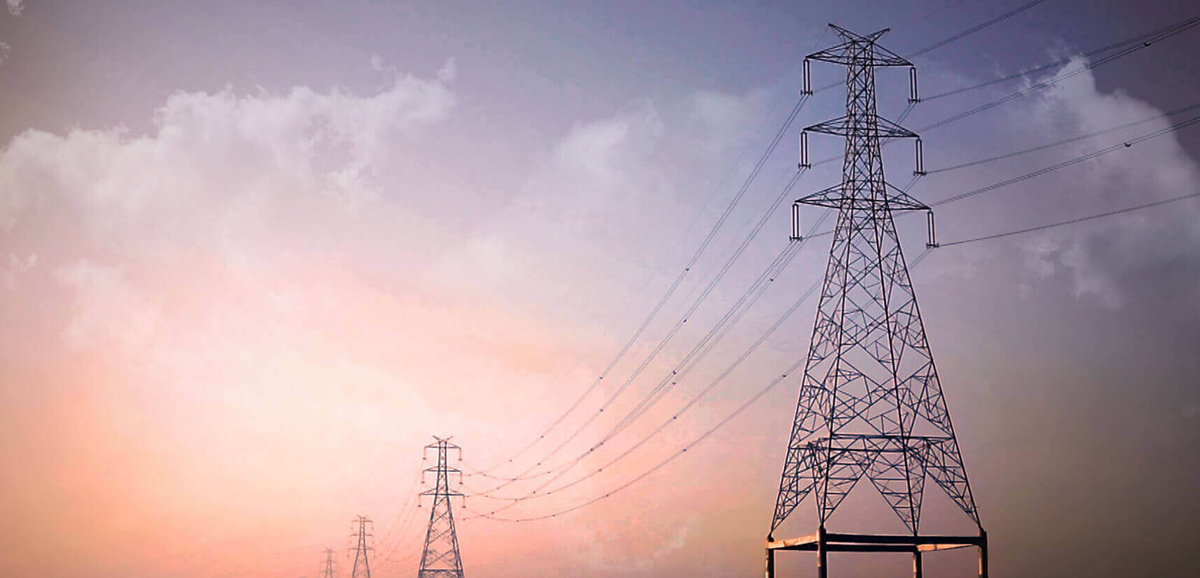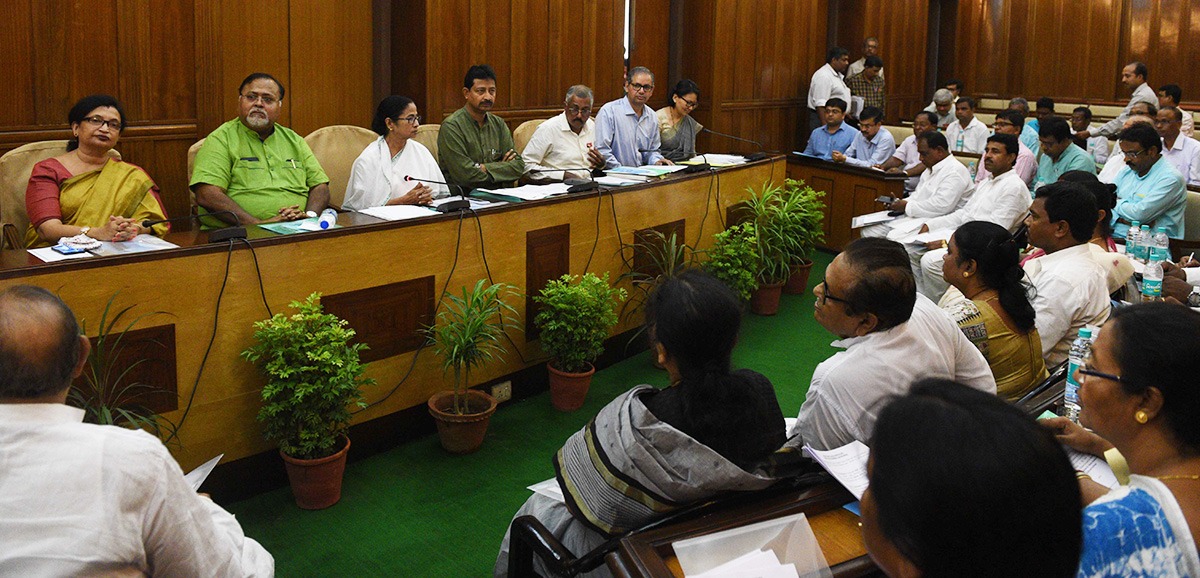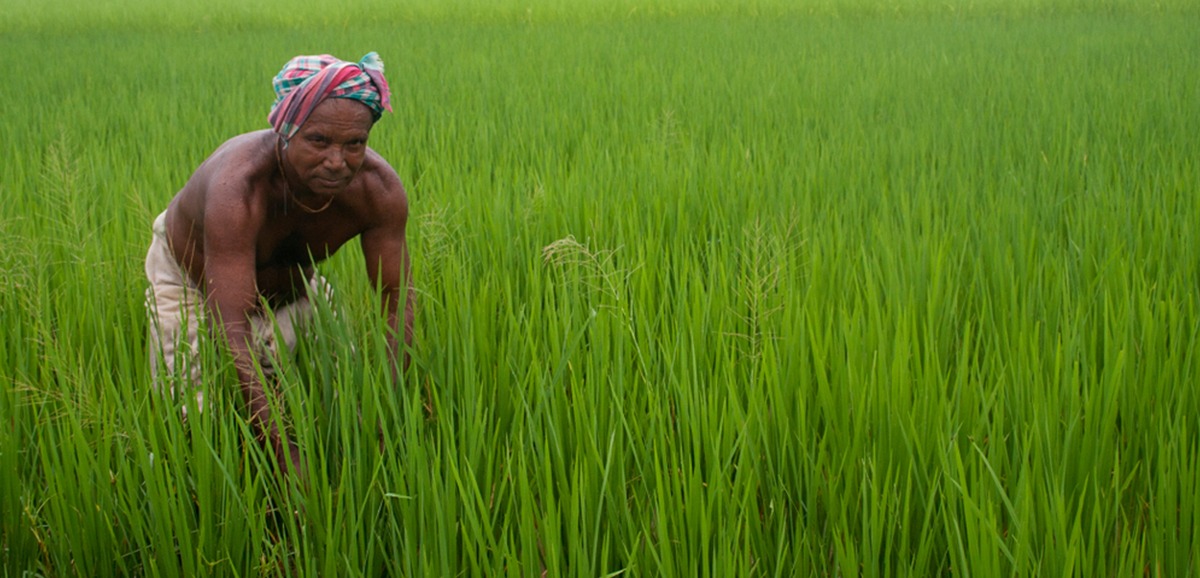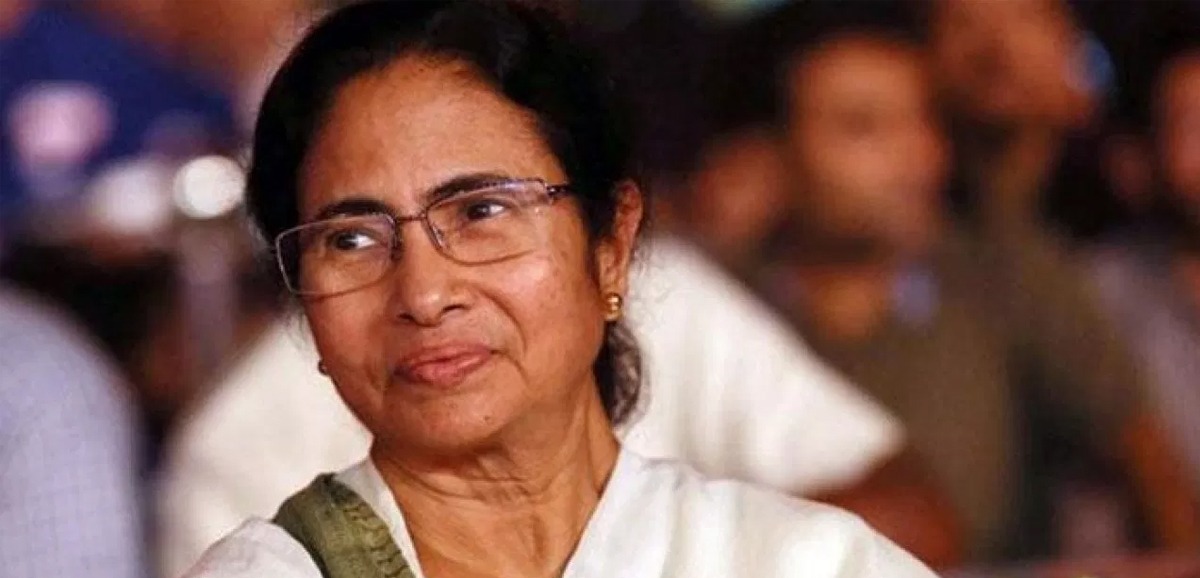Bangla is one of the key States for trade and investment, says a report by the Australian government which was released at an industrial summit in Kolkata, organised by a leading business association, on July 17.
Report
The report, An India Economic Strategy to 2035: Navigating from Potential to Delivery, has identified four sectors in the State for collaboration: resource and energy (including mining equipment, technology and services), agriculture, vocational education (especially hospitality training) and healthcare, said the Australian consul-general while releasing the report.
As previously said by many other industry leaders and investors, the consul-general too said that Bangla is a gateway of investment to the entire eastern and north-eastern India, and hence has immense potential..
Highlights
The report highlights Bangla as ‘the centre of India’s mining and resources sector’, ‘India’s third largest in terms of mineral production’, ‘significant healthcare hub for eastern India’, ‘gateway to India’s north-eastern states and India’s eastern neighbours’, and ‘a strong agricultural state, including the largest producer of rice, fish, prawns and jute and major producer of tea, potatoes and pineapples’.
It also mentions Kolkata as a major urban market and one of the fastest-growing cities in India (and is being projected to be in the top 10 fastest-growing cities in Asia by 2021), Bangla being the ‘coal industry hub’, the agricultural success of the State (including the NSVA for agriculture sector being 17% and widespread irrigation), and its tourism potential.
Chief strengths, as per the report
The report mentions three current strengths of Bangla:
- Strong growth higher than the national average, and capacity for mineral production
- Kolkata is a significant healthcare hub for eastern India, with a large number of super-specialty hospitals and diagnostic centres
- Digitised land records, high road and rail density and port facilities
Success of Mamata Banerjee’s vision
All these aspects mentioned in the report point to the widespread growth that Bangla has witnessed in so many sectors under the leadership of Chief Minister Mamata Banerjee.
It needs to be mentioned in this connection that the Bengal Global Business Summit (BGBS), a brainchild of the chief minister, has been one of the most successful business summits in India, with the last one in February 2019 having brought investment proposals worth Rs 2,84,288 crore for State.
Sources: An India Economic Strategy to 2035: Navigating from Potential to Delivery, The Statesman

